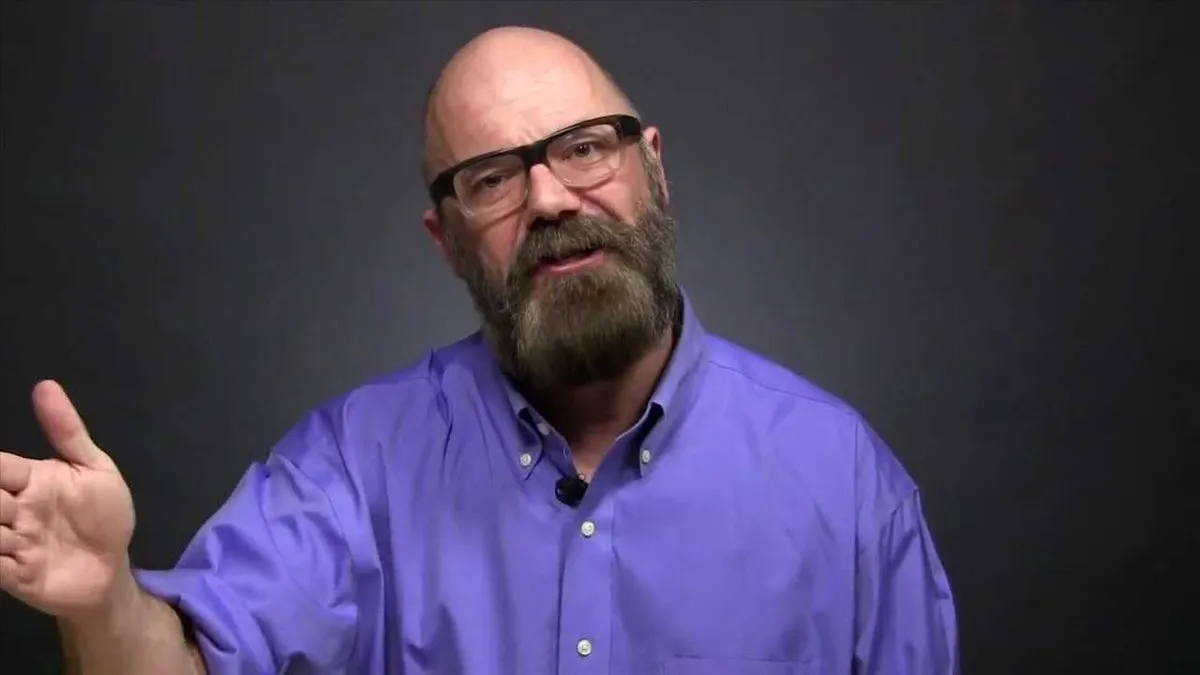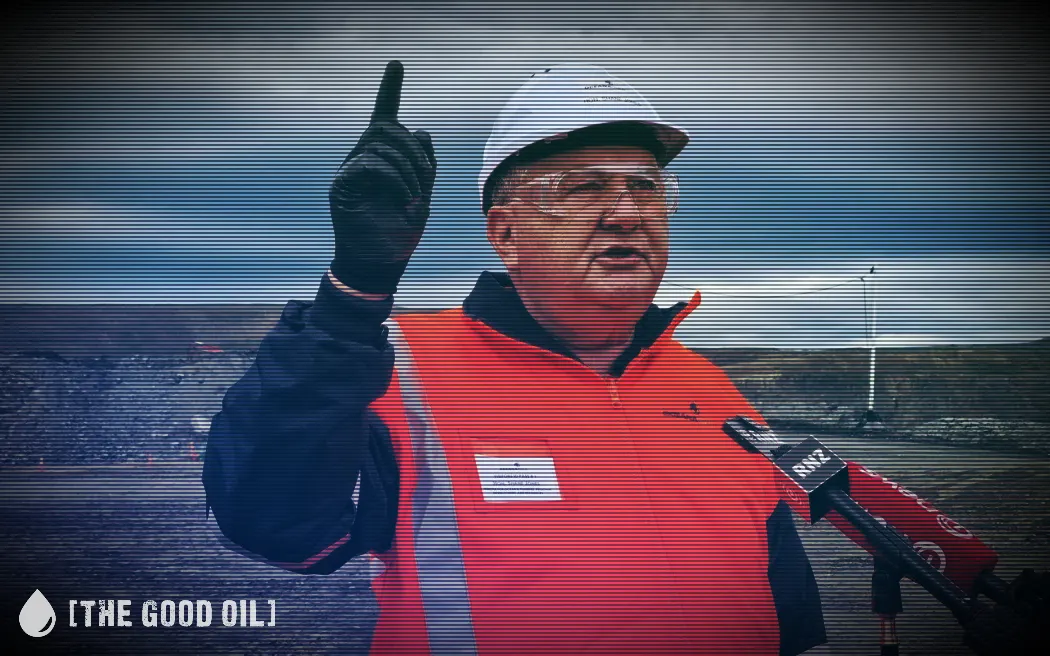Table of Contents
Andrew Sullivan writes after Barack Obama has himself commented on the dangers of wokeness:
Take the biggest actual social change, hailed by liberals, of the last couple of decades: marriage equality. We did not spend our time calling out homophobia, attacking the churches, or describing our opponents as “deplorable.” We made our case carefully; we engaged the other side respectfully; we lobbied state legislatures; more and more gay people told their stories; brilliant lawyers fought various cases, beginning with failure until achieving success at the Supreme Court. I can’t tell you how many times I debated religious fundamentalists, while never disparaging them. I produced an anthology of the best arguments on both sides. You do this kind of hard work for a couple of decades, with civility, and you’ll be surprised how many people you can persuade to change their minds. It seems to me that if your argument is better and you make it relentlessly, you’ll win. But if you avoid actual argument and resort to slurs, cancel culture, and ever more polarizing rhetoric, you’ll lose.
This is the real problem with the Twitter troll armies. They talk past people and the increasing intersectionality of the public is leading to more and more people talking past each other while ostracising those who elucidate thoughts differing from them.
This is the rationale used to silence people for their views and increases polarisation. Almost exclusively it is a weapon of the left. We saw Nicky Hager demonise people with his books in attempts to silence them. We are now seeing the left eating themselves because people aren’t pure.
Yes, it’s harder with the internet which rewards the opposite of respectful debate. You can feel less of a need to talk to your opponents face-to-face. You can too easily dehumanize the other side. But Obama is right about the complexity of people. Attack people for their “whiteness,” accuse people of sexual crimes without any proof or certainty, disparage all criticism of Israel as anti-Semitic, cast every point against gay marriage as bigotry — and you’ll definitely make waves, and be cheered on by your own tribe. But bringing about change? Sometimes I think this kind of activism — damning them while not talking to them — actually prevents change.
A few years back people would call out political correctness and they would be scoffed at, that such a thing never existed, that it was just people being nice to each other. Wokeness, or political correctness has now become insidious and pervasive. Sullivan is spot on here.
One little example of human complexity: Pat Buchanan was (and still is) one of the most virulently anti-gay voices in America. I debated him a few times. And I appealed to him to see the humanity of gay people, rather than what he believed was the iniquity of gay sex. I kept communications open. I couldn’t help but like him as a person. He is, in fact, kind. And when I came out as HIV-positive, one of the very few Washingtonians who wrote me a hand-written letter was Buchanan. He said how sorry he was about the news, but he was sure we’d still have many years in which to fight and argue and debate. It really bucked me up at the time.
People are complicated. The key to persuading them is to embrace all of them good and bad, while making your case. We did that in the marriage-equality movement, which is why that big change happened, and just as important, why it has lasted.
This is precisely why we welcome all voices on this site, to promote a contest of ideas and offer differing opinions. It is why you can read Stephen Berry’s thoughts, or Olivia Pierson’s classical liberal reasoning and all beside Chris Trotter, a long term thinker from the left.
We must encourage debate, not stifle it. The contest of ideas is how we have come to enjoy the liberties we have earned. Sadly the wokeness, particularly of the left, is leading ironically to increased polarisation.
https://thebfd.co.nz/2019/10/exchanging-new-zealand-history-for-a-cultural-briefing/







